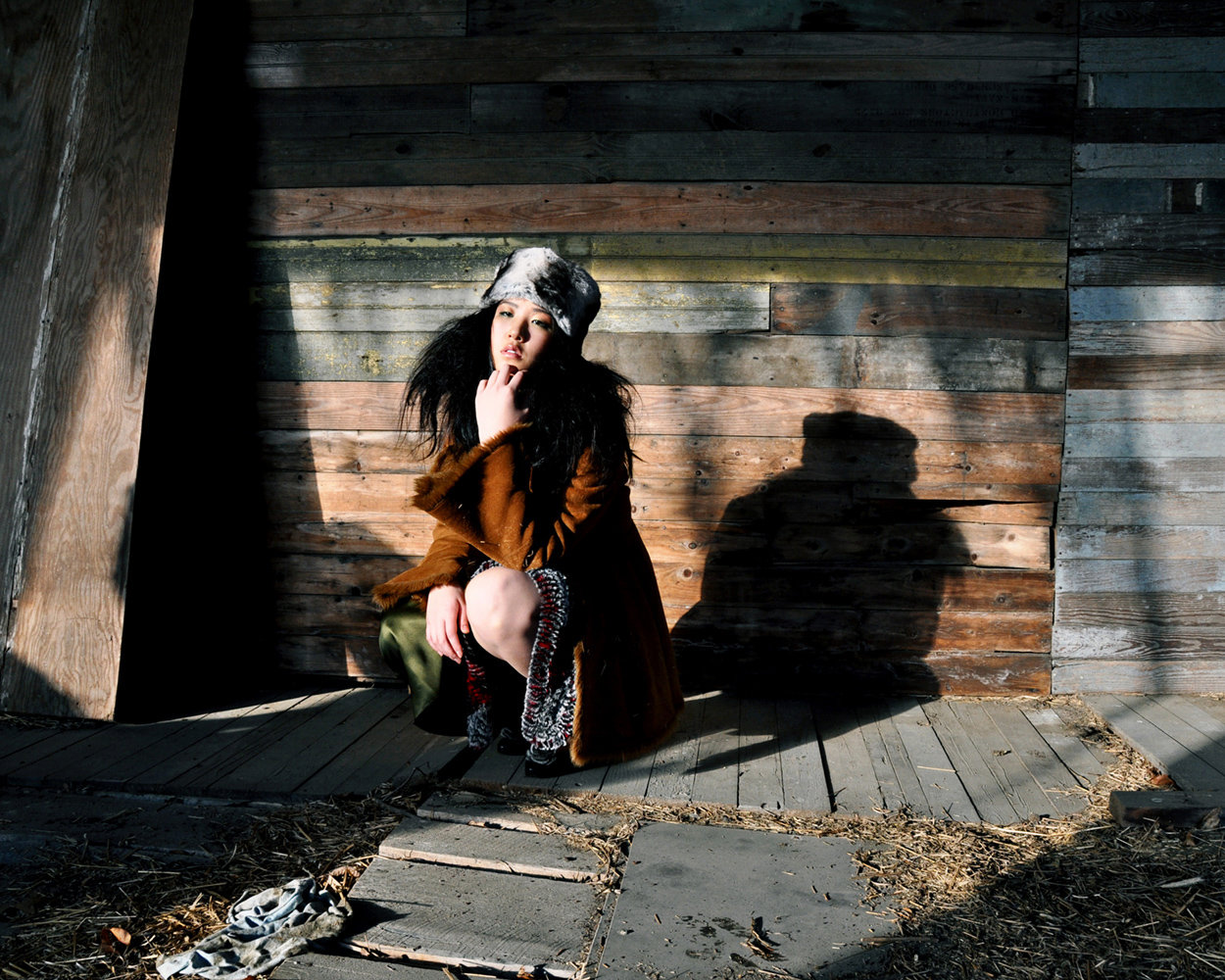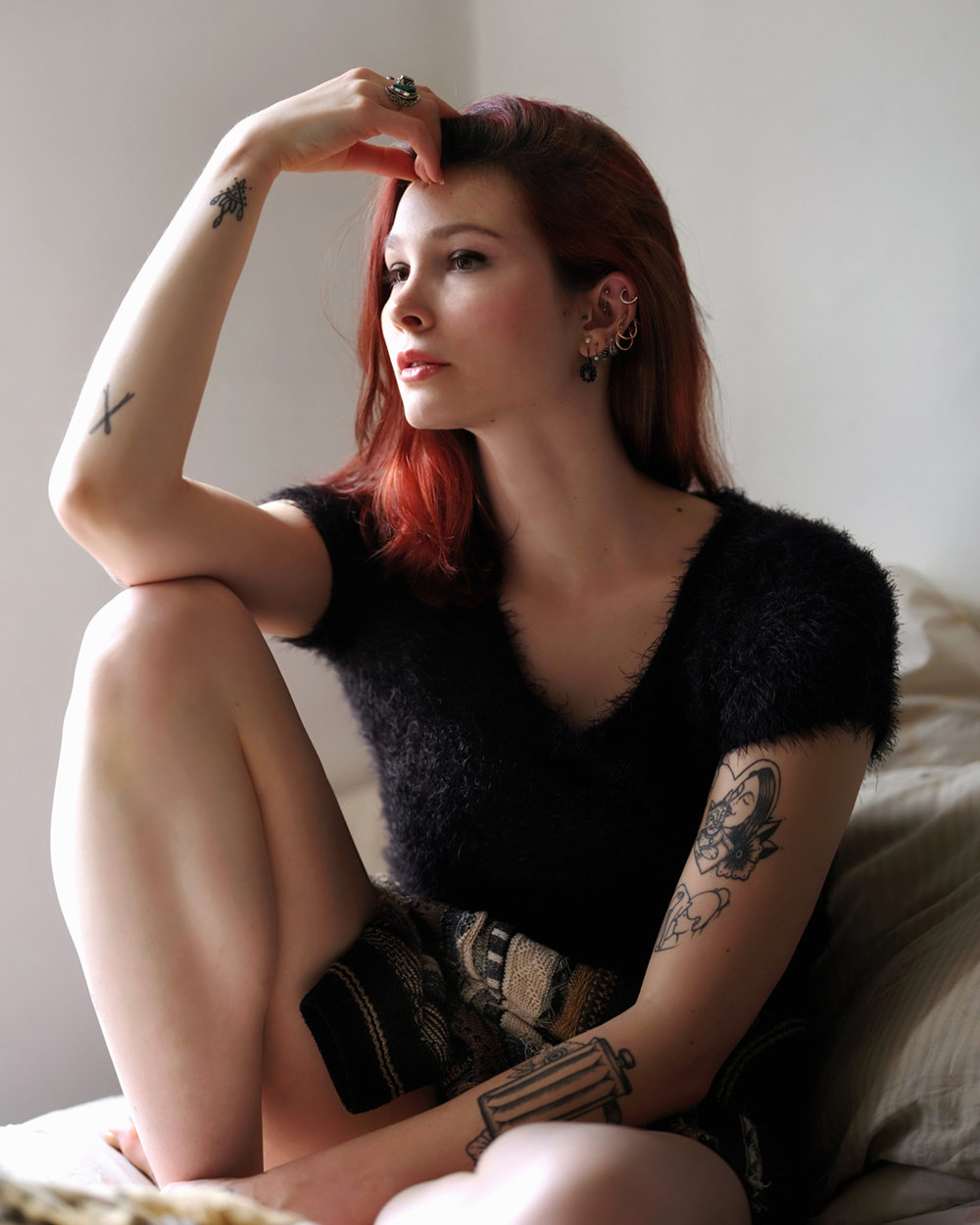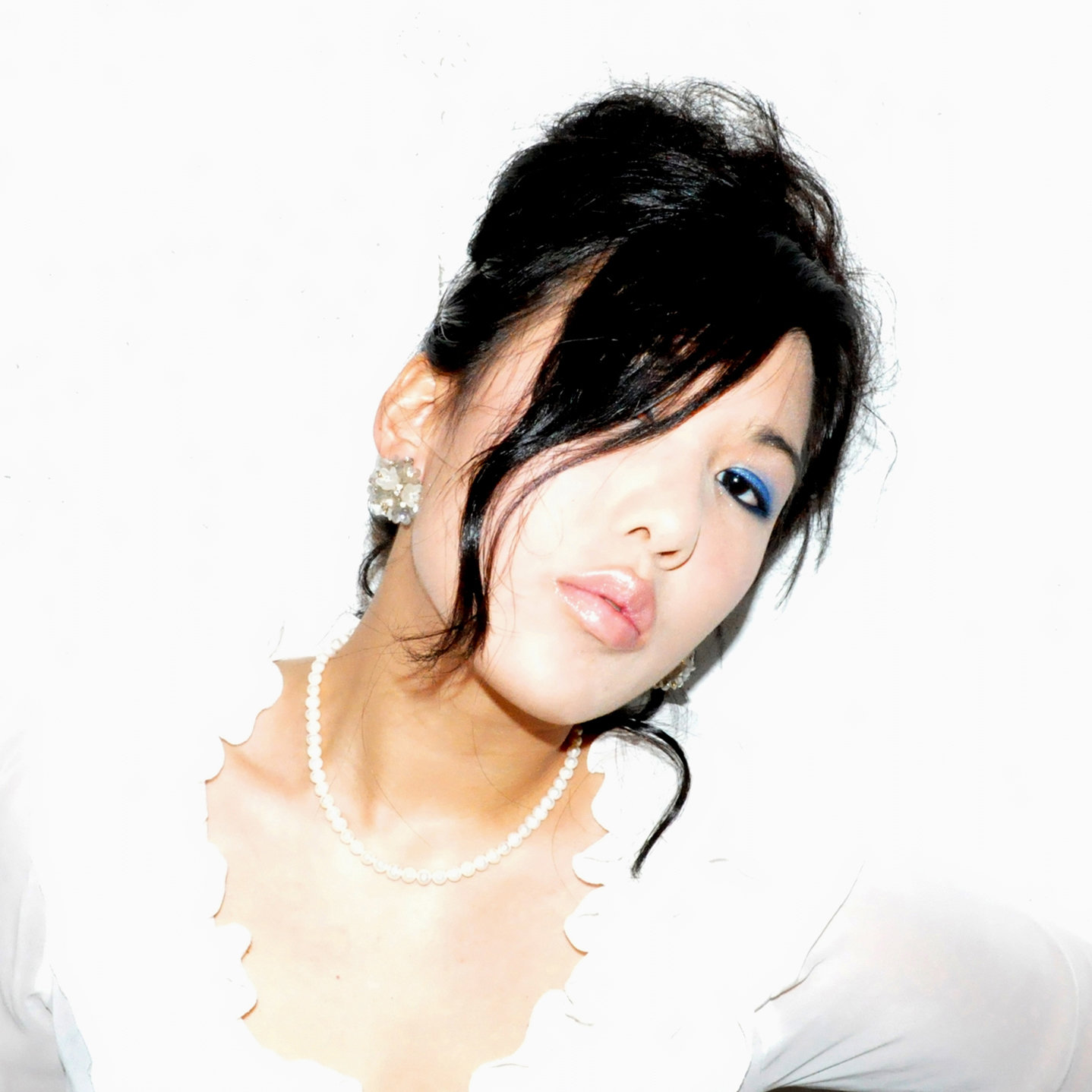Finding balance after years of overwork
Adolescence in a small town can feel like torture. There’s too much open space, too many lazy days, and friends are miles and miles away — a long distance, even by car. One can feel alone and floating.
That’s how Lisa Yang describes her childhood growing up in a traditional household in Storrs, Connecticut. Although she had a passion for photography and the arts, even at a young age, Yang instead was encouraged to study marketing and finance at the University of Connecticut.
“It’s the main campus,” Yang said. “I lived by there, I went to high school nearby, I went to college there. Two decades of my life were in Storrs. I finished studying business, in part, because the photography department was so badly funded that they never got back to me about transferring my major.”
By the time she graduated, Yang needed to get away from Connecticut. Even with no connections in the city, Yang moved into a fourth floor sublet in the East Village that cost her well over $1,200 a month. It was a room where curtains acted like walls.
“My roommates liked to cook,” Yang said, laughing. “Smoke would sometimes waft into my ‘room’ with no air-conditioner in the middle of summer. But I was on a time crunch and I had no conception of what I was paying for.”
Helping her pay those bills was an internship at Live Nation Entertainment, the Beverly Hills-based promoter known for managing concerts and other arena-level entertainment. That connected Yang to a fine art photo gallery and opened the doors for a whole new world of making art.
As she freelanced for various companies and galleries, she began honing a lush stylization for her models and a care for portraiture. But living costs — then, now and possibly forever — were high. A new job was necessary.
“It was around there I joined Fujifilm as an assistant product manager,” Yang said. “But then I became their marketing director.”
At that point, Fujifilm had released a line of single-lens reflex cameras that replaced mirrors inside the lens with a digital display. Despite embracing the latest technology, the Tokyo-based company was having trouble selling these pricey cameras to a younger demographic.
“Fujifilm has a long legacy of film,” Yang said. “But a lot of people didn’t know that they made professional digital cameras at all. I had to work with both the Japanese and American teams to craft a North American marketing plan.”
Yang focused her marketing on younger photographers who wanted to embrace the method of capturing the world through a digital eye. That discovery led, finally, to the balancing between Yang’s monetary endeavors, her marketing prowess, and her artistic creations.
Yang maintained a workaholic’s ethic for four years to settle Fujifilm’s issues, and so had grown tired. But after so many years in the corporate world, she’d managed to curate a personal goal and a new client base for her photography, which has remained a focus in her life ever since.
“Show me some soul, I dare you,” Yang said. “That’s how I feel about the process of photography. That’s why I call my work ‘emotive portraiture.’”
With that ethos, she managed to combine poetry and prose, a longtime hobby of hers, into the framing and titling of photographs and collections, such as “In Her Bodhi,” “Baroque Daydream,” and “Moskva, her Beloved.”
“It’s with those that I want to directly inform people of a feeling,” Yang said. “But that’s going to get lost in translation no matter what I call it.”
With all her experience in worlds of design and art, Yang holds a fascination with fashion and hopes to present a cross-section of all she’s experienced in her work. But she knows that’s not always possible.
“My intention, the model’s intention, the fashion designer’s intention, and the viewer’s interpretations are all going to differ,” Yang said. “That’s just how it is. But I like that discussion.”
Despite honing her style, Yang hasn’t settled into the Bohemian life of an artist, although that doesn’t bother her.
“It takes a lot to own and maintain your own business,” Yang said. “I’ve only been able to keep my studio open in Riverdale and to keep my style consistently my own is because I’ve kept my life full with other jobs.”
Yang’s studio, while located online, operates out of Riverdale. She moved to the area to be the global marketing manager for another photographic equipment company, Vitech Imaging Solutions.
“It reminds me of Connecticut,” Yang said, thinking of where she grew up. “It’s funny, I used to hate it there. Now I feel like I need it.”
Through years of getting her hands dirty in rough and intricate photography work — be it for a small client list, major galleries or corporate locations — Yang is glad for her experience.
“I feel emotional about all the jobs I’ve had,” Yang said. “Despite being in a corporate world, my client list really trusts me now, and it’s a fun, creative project for both of us instead of a push-and-play product shot.”















